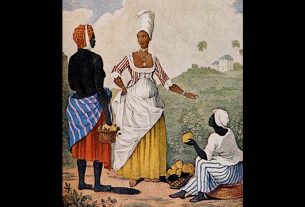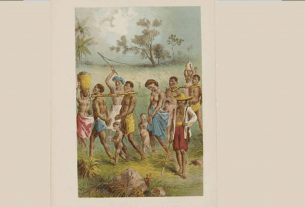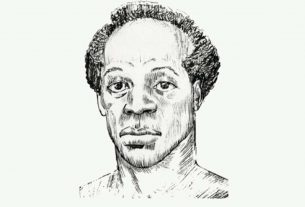Spirituality and faith were most important aspects in the lives of the majority of Africans in the Caribbean. Before and after Emancipation Day they were under the influence of Christianity as churches competed for African membership and loyalty. Missionaries were usually the ones who provided their educational needs, and there was an upsurge of interest in particular denominations. Africans were put under tremendous pressures to abandon African spirituality and confirm to European versions of Christianity. But African religious influences remained strong. Many of them found it advantageous to preserve their beliefs, rituals and other forms of African spiritual systems by relocating them into Christian formats.
Missionaries began to set up primary schools after 1838, and received some funding from the British Government. But, the money was insufficient to cope with the demand for learning, to write, to read the Bible, and become informed citizens in a free society. Severe economic conditions in the sugar industry after 1846 adversely affected the colonial educational programmes. Low wages, unemployment or/and underemployment meant that Africans were unable to pay the education fees. Economic depressions in the Caribbean between 1846 and 1865, and between 1884 and 1903 reduced the colonial government’s revenues, and the funds for education there were severely reduced. Most African family members were unable to obtain education.




